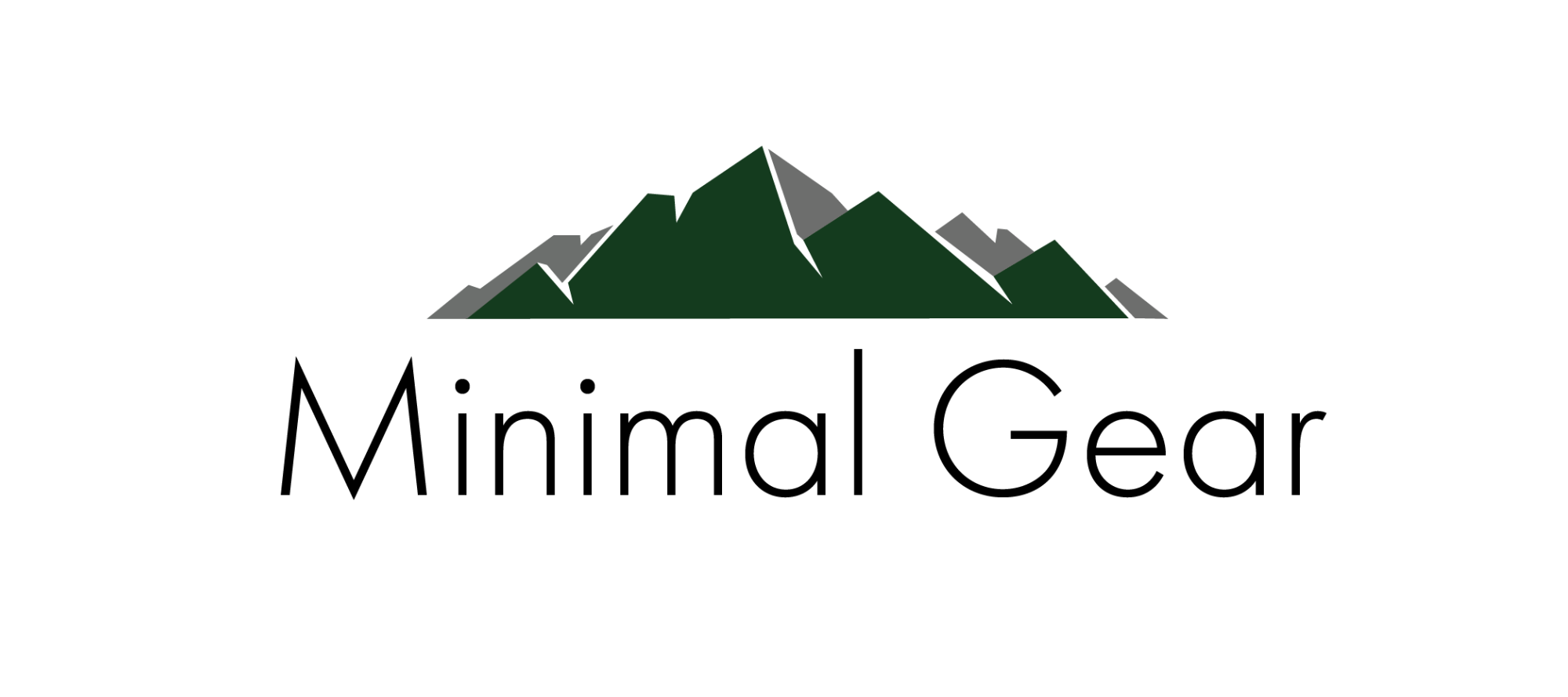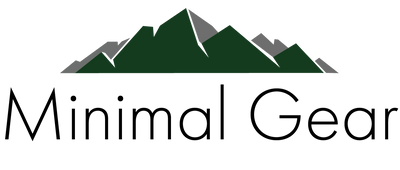Our Impact
 B-Corp
B-Corp
What is B-Corp?
All Minimal Gear brands are B Corp certified! At Minimal Gear, we believe businesses can be a force for positive impact. It can often seem that being a profitable company and a force for good are mutually exclusive, but we believe there is a trail that we can blaze for us where we can do both. B Corp is our way of committing to ourselves to continually create that path and improve every aspect of our company, whether it makes us money or not.
This certification demonstrates that a business is meeting high standards of verified performance, accountability, and transparency in areas of governance, environment, philanthropy, community, and workers. In order to achieve certification we had to make a legal commitment by changing our corporate governance structure to be accountable to all stakeholders – that includes our local community, consumers, employees, and the environment – not just shareholders, and exhibit transparency by allowing information about our performance measured against B Lab’s standards to be publicly available on our B Corp profile. This certification helps us hold all areas of our Impact efforts to account.
Minimal Gear’s B-Corp profile is here.
Philanthropy
We are committed to donating 20% of our annual profits to charitable organizations doing good work in the outdoor recreation, conservation, inclusion, or activism space. Does this sound like your 501(c)3? Get in touch with us!
Trail Maintenance
As avid users of trails, we carve out space to give back to trail building organizations in our community. Minimal Gear is now a certified trail crew! We worked with the PCTA to adopt a 7 mile section of the Pacific Crest Trail for which we are the caretakers (from Frog Lake TH on US-26, north to Barlow Pass TH on OR-35 through the Mt. Hood National Forest). Every spring we scout the damage from the winter storms, and spend the hiking season getting the wilderness back in shape for the incoming season of PCT hikers. During the winter seasons, we volunteer at lower elevations with local organizations like TrailKeepers of Oregon and Washington Trails Association.
Sustainability
We aim to minimize the negative environmental impacts related to our products, suppliers, and operations by tracking our emissions and partaking in a series of sustainability initiatives:
-
Emissions Reduction: Minimal Gear commits to a 50% emissions reduction by 2030 and net zero emissions by 2050 based upon our 2022 emissions through the SME Climate Commitment. We believe that it is possible for our company to reach these goals sooner than those dates.
-
Optimized logistics: By using renewable materials, eliminating plastic, and prioritizing low-impact shipping, we aim to reduce emissions from our sales.
-
Recycling: Almost the entirety of our products can be recycled through active composting, including our TPU-based products like the Vecto and the Vesica. We recycle all warranty, defective, or replacement products in our warehouse. We also accept end-of-life TPU products for recycling at our warehouse in Portland, Oregon and are working with our retailers to incentivize a recycling program across the country at each of our retail locations. Learn more about our recycling program here.
Knowing our impact is just the first step to reducing it. Digging into the data allows us to address areas where our emissions are the highest and take actions to reduce them. We currently track our emissions through the following means:
-
Inventory Analysis: By incorporating methodology used in Life Cycle Assessments, our Inventory Analysis allows us to measure the specific impact of each of our products in Kilograms of Carbon Dioxide. This also lets us know which aspects of our products create the largest impact so we can use less impactful materials and processes.
-
Annual GHG Inventories: By tracking our imports, exports, gas usage, and shipping, we can measure the amount of CO2 within any time period. At minimum, we track our emissions upon an annual basis.
Justice, Diversity, Equity, & Inclusion
Minimal Gear believes that all people deserve the opportunity to enjoy the outdoors safely and confidently.
As a small outdoor gear company, we make products that help people better enjoy their time outside, and we think we do that pretty well. However, we also strive to be an advocate for change in the outdoor industry that has traditionally been out of reach for many long-standing marginalized and excluded communities.
Since Minimal Gear's founding, we have put our money where our values are and supported underrepresented groups in the outdoor community. One way Minimal Gear does this is by listening to our customers and our community. Just as we seek feedback from our customers on our products, we also seek feedback from our customers on how Minimal Gear, and by extension, our brands, can be better companies that are more inclusive, equitable, and diverse. We see this as a journey that won’t have an ending, and we plan to engage our customers and community throughout the life of the business. We are going to make mistakes along the way and will probably upset some people. But we promise that we will do our best to be transparent and open to feedback and criticism that is aimed at making Minimal Gear better -- both as a company and as individuals.
On a larger scale, we need to shape the outdoor industry into a space that feels welcoming to all. The outdoors is for everyone. But we understand there are systemic and financial hurdles to accessing these wild spaces. We are working to address these issues through philanthropy, voice, & action.
We believe that together, we can make the changes that will make outdoor recreation better for all of us.
Do you have a change you'd like to see? Feel free to reach out to us at contact@minimalgear.com - these conversations are important.
